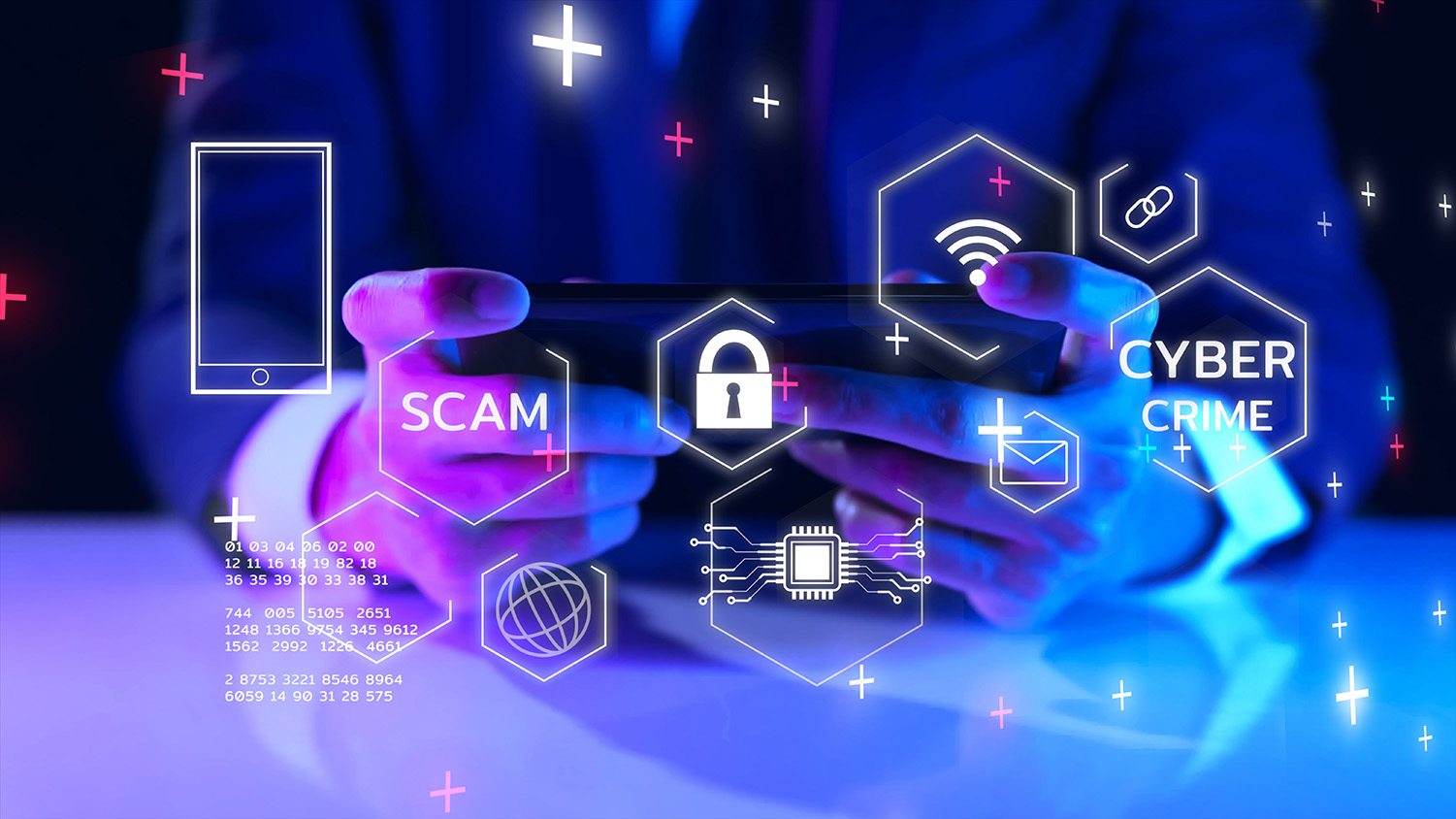Just as people were starting to get in front of stay-at-home recommendations with robust video conferencing and on-line learning options, “zoombombing” was born, proving yet again that evil knows no bounds.
Zoombombing occurs when hackers break into Zoom meetings and wreak havoc by sharing inappropriate video or drawings, screaming obscenities, or posting hate speech. They attack open meetings, those that have no password, have posted the password online or that allow everyone to share their screen.
Hackers have worked swiftly to develop programs that can scrape hundreds of Zoom Meeting IDs every minute. Then, they go hunting for the most vulnerable meetings. Schools, church meetings, and even a student defending his doctoral thesis have been affected. The FBI has issued a warning about these challenges and Zoom has publicly apologized for their lapses in security.
What can you do about it? Businesses rely on successful video conferencing today to keep their teams connected, conduct meetings, and to continue to move the sales process forward as much as possible when the world is at a stand-still. Locking down your meetings with proper security protocols is the most important thing you need to do when video conferencing during COVID-19 and beyond. Here are a few steps you can take.
Use Alternate Platforms
Zoom is likely the biggest target because it is a free platform with an easy to use interface. It also has a few admitted security holes, placing it high on the list of easy to hack software. We recommend choosing an alternative, if possible. An upgraded version of Zoom with built-in, protected meeting rooms could be the answer. Teams, GoTo Meeting, or WebEx are your best alternatives. While more costly, these are more secure and protected programs.
Lockdown Your Zoom Meetings
If you choose to utilize Zoom, make sure that you’re following a few important security protocols.
- Do not publish the meeting ID online. People do this to try to get a lot of audience participation in things like study groups or discussion platforms. This is just inviting a Zoombomber into your meeting. Instead, publish contact information to get the Meeting ID and login. Then, only provide the login to people that you know and trust.
- Secure meetings with a password. While it’s a little bit more challenging for people to enter, this extra step ensures that a nefarious player can’t gain access.
- Only allow one host. Some Zoombombers are getting in because the meeting is set to allow multiple hosts. That means they can actually start the meeting for you. Restrict your meetings to only one host.
- Lock down screen sharing. Only allow the host to screen share. You can pass this control as needed, but you shouldn’t just allow everyone to take control.
- Utilize the waiting room feature. This allows you to confirm people before they enter the meeting. Only allow those you know in.
- Use mute diligently. As the host, you have the ability to mute all participants. Know where that button is and prepare to use it should anything go awry.
Copious video conferences are going to be in our daily lives for the foreseeable future. Make sure you’re doing everything you can to stay safe.




